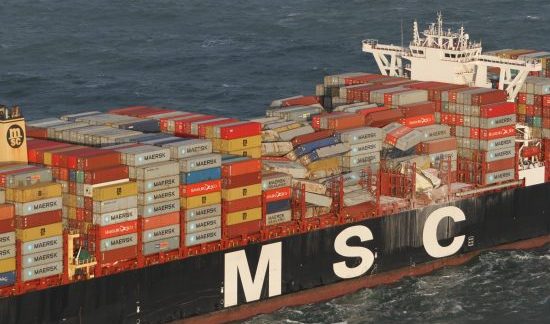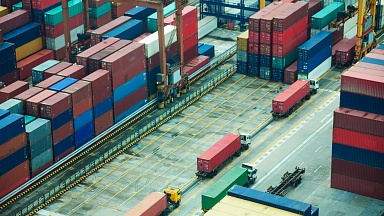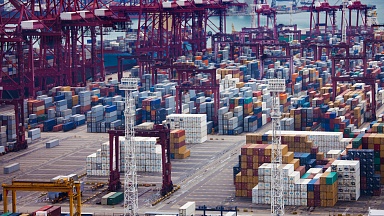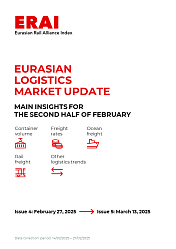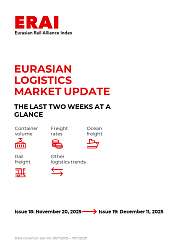The ministry said that as container shipping is increasingly being used to move goods, there is a need to step up safety measures.
Overweight containers have cost the industry over US$6 billion, as reported by Container News earlier this month in the Cargo Integrity Campaign and could cause serious injury to crew and others.
Meanwhile, airlines have slashed flights in response to depressed demand amid the Covid-19 pandemic. However, e-commerce sales have increased due to lockdowns and the closure of retail stores in many countries. China, especially, which has many e-retailers, is still seeing healthy demand for the transportation of goods. Its postal services have therefore turned to container shipping as a substitute for air freight.
The transport ministry said, «With the continuous development of China’s economy and society, container transportation has become important for international shipping. Overloaded containers and inaccurate weight declarations occur from time to time, posing a threat to human life and property.»
In addition, the International Maritime Organization (IMO) has increased the requirements for container weight verification in the form of international conventions and amendments.
In July 2016, the IMO amended the Safety of Life at Sea Convention (SOLAS) code which requires all containers that leave from any port worldwide to have a verified gross mass (VGM) before being loaded onto ships.
The principle is that the weights of loaded containers should not exceed the prescribed limits for the slots in which they are stowed. These limits should be set according to stack weight, tier position and the securing arrangement being used.
The UK P&I Club estimates that as many as 20% of transported containers are overweight or mis-declared.
